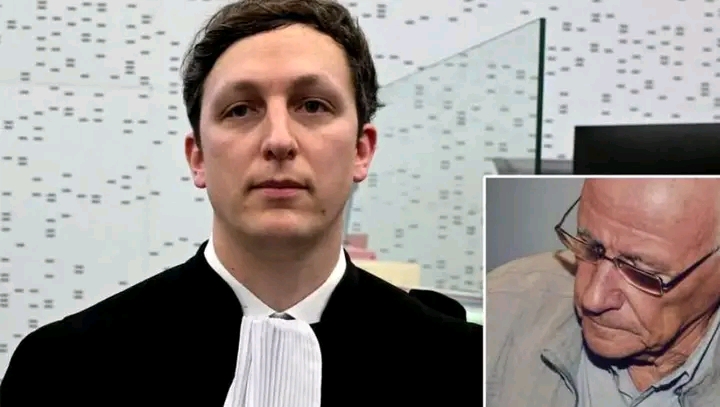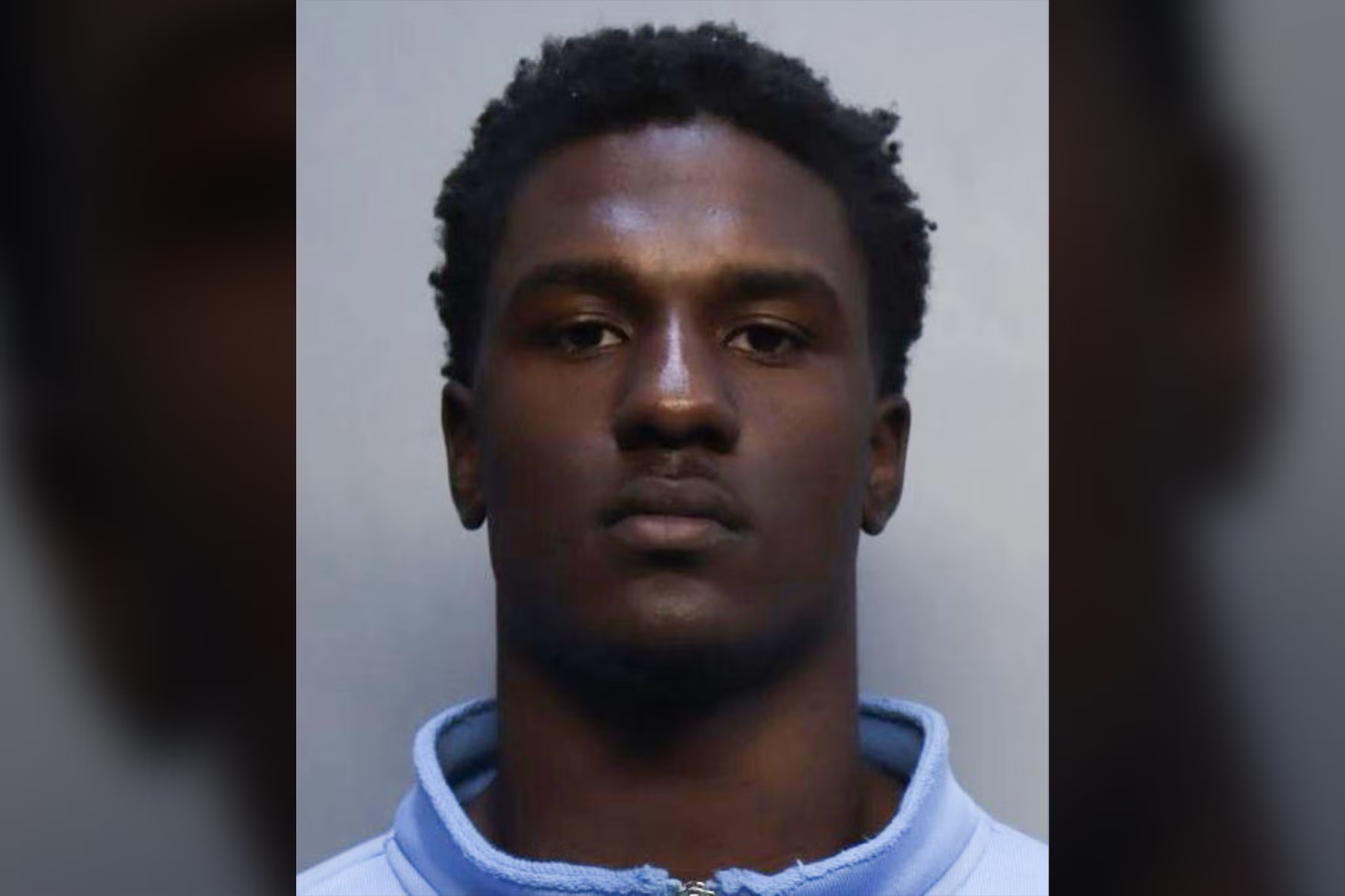Maxime Tessier, a prominent French criminal defense lawyer based in Rennes, has been found dead in a case that has sent shockwaves through the legal and academic communities in France. Authorities in Rennes, including the public prosecutor Frédéric Teillet, have announced that early evidence points to suicide, though a formal investigation remains ongoing.
Tessier gained global attention in recent months for representing Joel Le Scouarnec, a former surgeon whose case became one of the most disturbing in modern French legal history. The surgeon was accused and ultimately convicted of sexually abusing hundreds of patients, many of whom were minors, across a span of decades. The scale and depravity of the acts brought both national outrage and international condemnation.
Tessier’s decision to represent Le Scouarnec was controversial, but it aligned with his consistent belief in the fundamental right to a legal defense. He was known among peers and legal scholars for his unwavering commitment to due process, regardless of how unpopular his clients might have been. This commitment was not just a professional posture, but a reflection of deeply held principles about the rule of law.
The lawyer practiced primarily in Rennes, the capital of the Brittany region in northwestern France. He was a member of Avocats Liberté, a firm respected for its work in criminal justice. Tessier was also an educator, teaching at the University of Rennes I and at the École des Avocats du Grand Ouest. Colleagues describe him as brilliant, exacting, and deeply principled. His dedication to mentoring young legal minds and his involvement in high-level criminal procedure education made him a well-regarded figure in both courtroom and classroom settings.
The discovery of Tessier’s body has devastated his close colleagues. At his law firm, grief is compounded by the lingering awareness of the emotional weight he had been carrying. Friends and fellow attorneys note that Tessier was particularly affected by the Le Scouarnec case. Although the defense had been conducted with professionalism and focus, those close to him observed signs of increasing emotional fatigue and internal conflict. They speak now of a man who bore the heavy burden of defending someone many regarded as indefensible, and who internalized the moral complexities of the role.
The trial itself took place in Vannes, another city in Brittany. It was a legally and emotionally grueling proceeding. Le Scouarnec faced a multitude of charges involving patients from various hospitals where he had worked over more than two decades. These were patients who often could not consent, many of them sedated or in recovery, and many were children. The scope of the offenses, the number of alleged victims, and the disturbing details uncovered during the investigation made the case uniquely horrifying.
Despite the overwhelming public anger and media attention, Tessier approached the defense with intellectual rigor and ethical clarity. He was not known for grandstanding or seeking attention. He believed that even individuals accused of the most unspeakable crimes were entitled to legal representation. In court, he maintained that his client had admitted to many of the offenses. This acknowledgment, Tessier argued, did not remove the necessity for a fair legal process. His courtroom demeanor was calm, reserved, and focused entirely on the proceedings.
In the aftermath of the verdict, which resulted in a lengthy prison sentence for the convicted former doctor, Tessier reportedly became more withdrawn. People who worked closely with him said he continued to uphold his professional obligations, but his emotional and psychological state had become more difficult to manage. He appeared deeply troubled, and those closest to him feared he was struggling to reconcile his professional duties with the emotional toll they exacted.
In Rennes, the prosecutor’s office confirmed that Tessier’s death did not appear to involve foul play. Investigators are proceeding with standard protocols, including forensic analysis and interviews with those who had recent contact with him. While the preliminary findings suggest suicide, a final report is expected in the coming weeks. No personal note or formal explanation has yet been shared publicly.
The legal community across France has reacted with sorrow and disbelief. Colleagues describe Tessier as someone who set high expectations for himself and others, a lawyer who believed deeply in justice and fairness, and who refused to compromise his ethics even in the face of overwhelming public hostility.
Legal educators, former students, and bar associations in Rennes and Paris have expressed their grief while also calling attention to a broader issue. Mental health among legal professionals, particularly those involved in severe criminal cases, has become an increasingly urgent concern. Tessier’s death is prompting renewed calls for systemic support structures to address the emotional and psychological strain that comes with defending individuals involved in violent and disturbing crimes.
Mental health experts have long warned about the silent toll exacted on attorneys working on cases involving sexual abuse, murder, or crimes against children. Vicarious trauma, compassion fatigue, and professional isolation are all known risks. For those defending clients whose actions are widely seen as indefensible, the stress can be compounded by public hostility and personal moral conflict. Tessier’s case tragically underscores how deeply those pressures can cut.
The bar associations in Rennes and the broader Grand Ouest region have responded by offering expanded mental health services, including confidential hotlines, therapy referrals, and peer-support programs. Leaders within the French legal community are also urging law schools to integrate mental health and stress management into their curricula so that future attorneys are better prepared for the emotional challenges of the profession.
Tessier’s death also reignites philosophical debate over the role of defense attorneys in society. In a legal system based on the presumption of innocence and the right to a fair trial, defense lawyers are not merely optional—they are essential. They act as a check on prosecutorial power, ensure that legal procedures are followed, and uphold the integrity of the justice process.
Still, the emotional cost of this responsibility can be high, especially when the clients in question have committed grave offenses. The personal strain involved in defending such individuals is rarely discussed publicly, but it is very real. Tessier’s situation illustrates how the commitment to fairness and legal representation can sometimes come into painful conflict with one’s sense of morality and psychological wellbeing.
Public response to the news has been somber. Legal professionals, journalists, and citizens alike have expressed their condolences while reflecting on the nature of justice and the burdens it places on those who serve it. For many, Tessier represented the ideal of a lawyer committed not to fame or wealth, but to principle. His decision to take on one of the most reviled clients in French history was never about sympathy for the accused—it was about upholding the idea that the legal system must function equally and fairly for all.
Universities where Tessier taught have held moments of silence and announced plans to hold memorial lectures in his honor. Law students have shared personal stories of how he inspired them to pursue careers in justice. Many describe him as a mentor who encouraged critical thinking, integrity, and compassion in equal measure.
At Avocats Liberté in Rennes, where Tessier practiced, colleagues have opened a memorial page and plan to establish a legal scholarship in his name. They hope that the scholarship will support students committed to criminal law and help fund research into legal ethics and mental health in the legal profession.
Tessier’s passing leaves behind not only grief, but a legacy—a reminder that behind every courtroom defense is a person who must balance legal duty with human empathy. His life and career invite renewed examination of how the legal system treats those who carry out the most difficult roles within it.
This tragic loss is a call to action. The need to support legal professionals emotionally, not just intellectually, has never been clearer. While Tessier is gone, his impact—both in the courtroom and in the hearts of those he taught and mentored—will not be forgotten.




